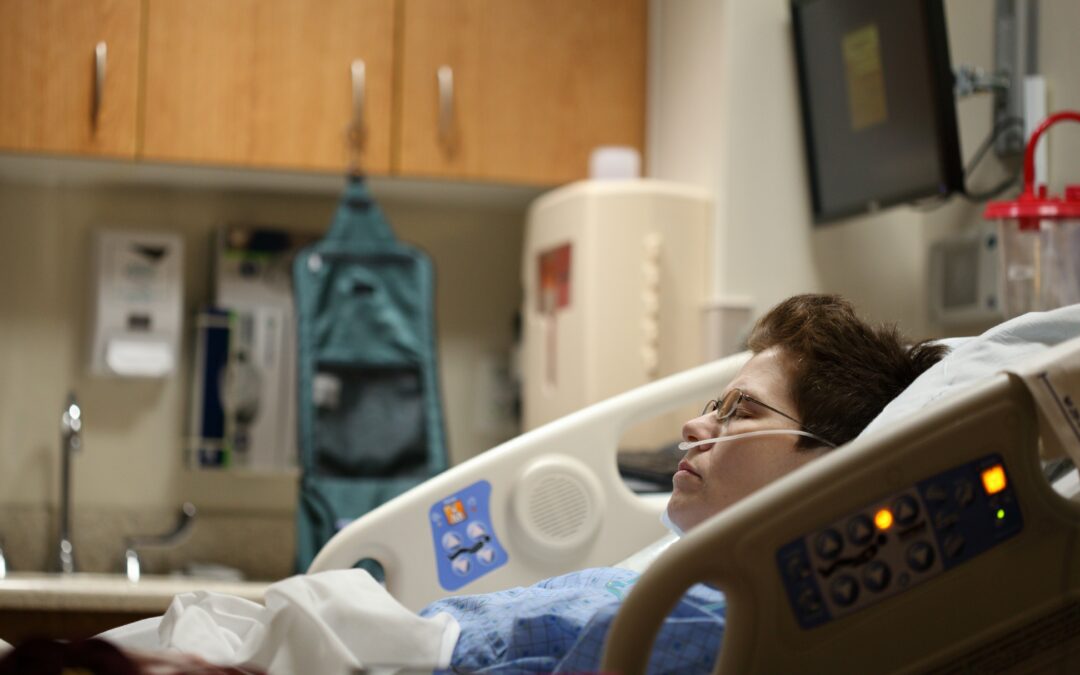For many businesses in New Jersey, managing an employee requiring time off for medical reasons, whether due to pregnancy, emergency medical care, or elective surgery, can seem daunting. While businesses with fewer than 50 employees are not obligated to comply with federal Family and Medical Leave Act (FMLA) requirements, New Jersey state laws and best practices still play a role in shaping how some businesses approach these situations.
Know Your Legal Obligations
Some businesses in New Jersey may not fall under the scope of FMLA, but legal obligations still exist under other laws:
New Jersey Law Against Discrimination (NJLAD)
NJLAD prohibits discrimination based on pregnancy, disability, or medical conditions. This law requires employers to provide reasonable accommodations for employees who are pregnant or dealing with temporary disabilities. Accommodations may include time off, a lighter workload, modified hours, or other adjustments.
New Jersey Temporary Disability Insurance Law
NJTDI provides eligible employees with income while out of work on disability. Although this law does not have job assurance rights, it does protect employees from retaliation for taking a medical leave of absence.
Americans with Disabilities Act (ADA)
Employees suffering from serious health conditions may qualify as disabled under the ADA. Many businesses must comply with this law, which means providing reasonable accommodations for these individuals.
Develop a Clear, Written Leave Policy
A structured and transparent medical leave policy is essential for small businesses to handle absences effectively while maintaining fairness. A written policy not only provides employees with clarity but also helps employers manage requests consistently.
Your policy should include:
-Eligibility Requirements: Define who qualifies for medical leave based on length of service or other criteria.
-Leave Duration: Set limits for amount of medical leave permitted (e.g., up to 10 weeks).
-Documentation Requirements: Outline what documentation is required, such as a physician’s note, expected recovery time, and updates as needed.
-Return-to-Work Procedures: Specify how employees can return to work and whether transitional accommodations are available.
Pregnancy Leave: Supporting Employees Through Maternal Needs
Pregnancy leave is a specific form of medical leave and comes with unique considerations under NJLAD and other state laws. Employers are required to:
-Provide Reasonable Accommodations: For pregnancy-related concerns, employers may need to adjust the employee’s work conditions, lighten duties, or grant unpaid leave. Accommodations are highly fact-specific and depend on the employee’s medical needs and the organization’s resources.
-Offer Flexibility: Pregnant employees may need intermittent leave for prenatal appointments or pregnancy-related complications, in which case employers should facilitate their needs without retaliation.
Addressing Emergency Medical Leave vs. Elective Time Off
The urgency and nature of the medical situation often dictate a different response when it comes to emergency medical leave versus elective medical procedures.
Emergency Medical Leave
When an employee faces an unexpected or life-threatening condition (e.g., hospitalization, surgery due to a critical health issue, or an injury), employers should treat the situation with urgency and empathy. In these cases:
– Allow immediate leave, especially if employee provides notice or a doctor’s confirmation.
– Discuss the recovery timeline and accommodations for when employee is ready to return.
Elective Medical Procedures
Elective surgeries or planned medical procedures, like outpatient treatments, generally allow for advance notice. In these cases:
– Require the employee to provide a formal request and supporting documentation from a medical provider.
– Determine if the employee’s planned absence will impact critical workloads and plan temporary staff coverage accordingly.
Return-to-Work: Navigating the Transition
An employee returning from medical leave may require a gradual adjustment back to their regular duties. Employers should be flexible in implementing reasonable accommodations for ongoing recovery or health-related restrictions.
For example:
– A pregnant employee returning to work may need periodic breaks to pump breast milk or lighter physical responsibilities.
– An employee recovering from surgery may require a modified schedule or temporary remote work options.
Marzano Human Resources Consulting works with clients on developing medical leave of absence polices that are not only fair to employees, but also mitigate risk to the business. Consider reaching out for a no-cost initial consultation.

